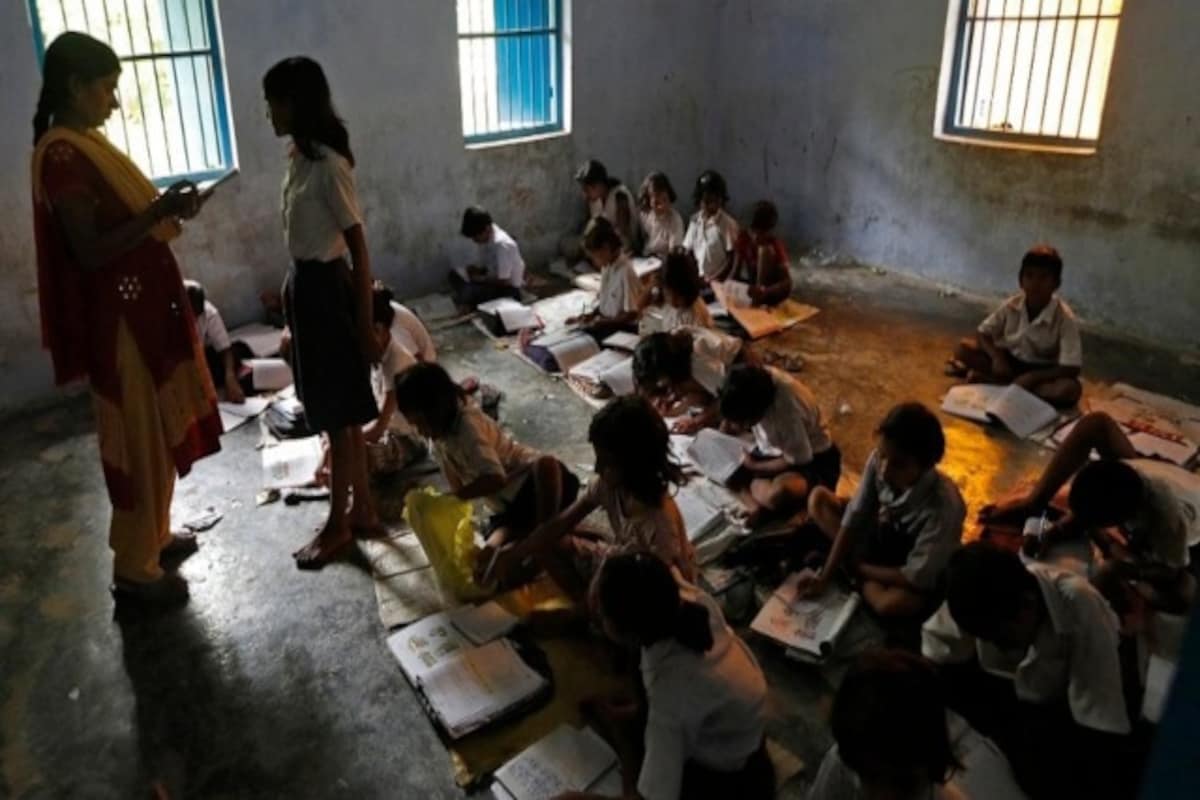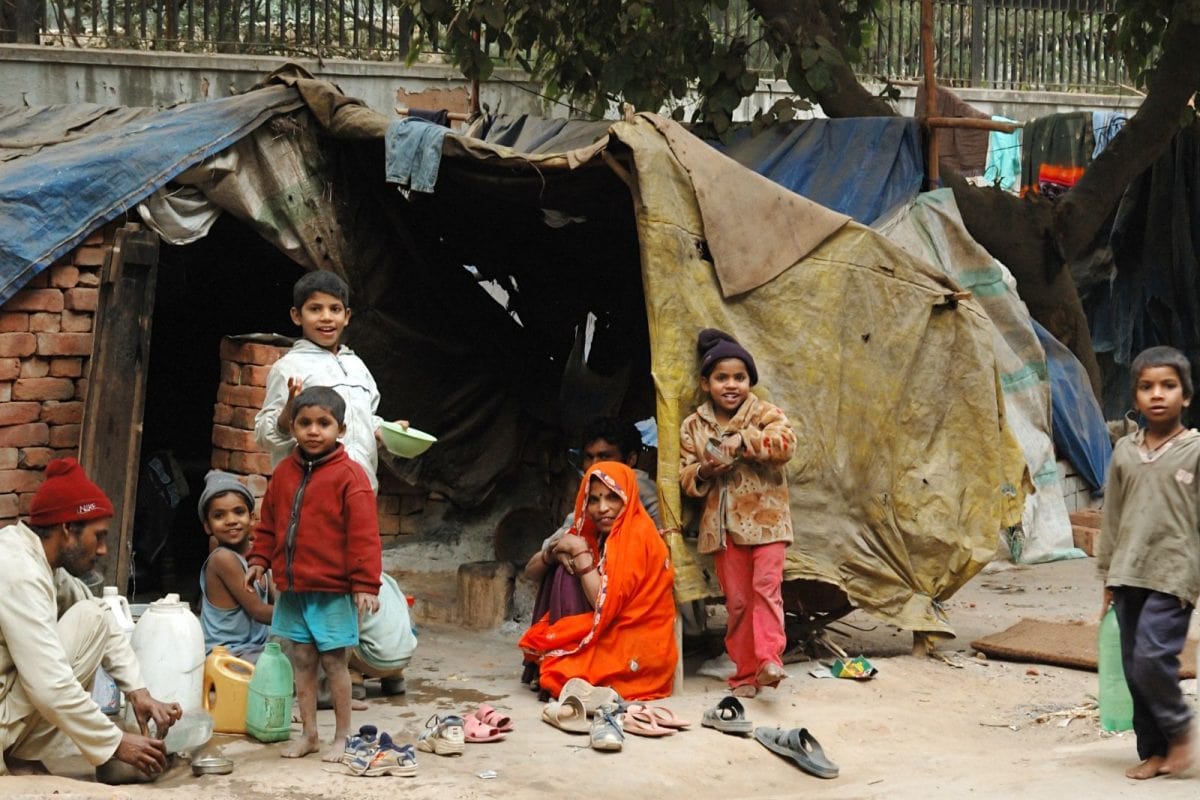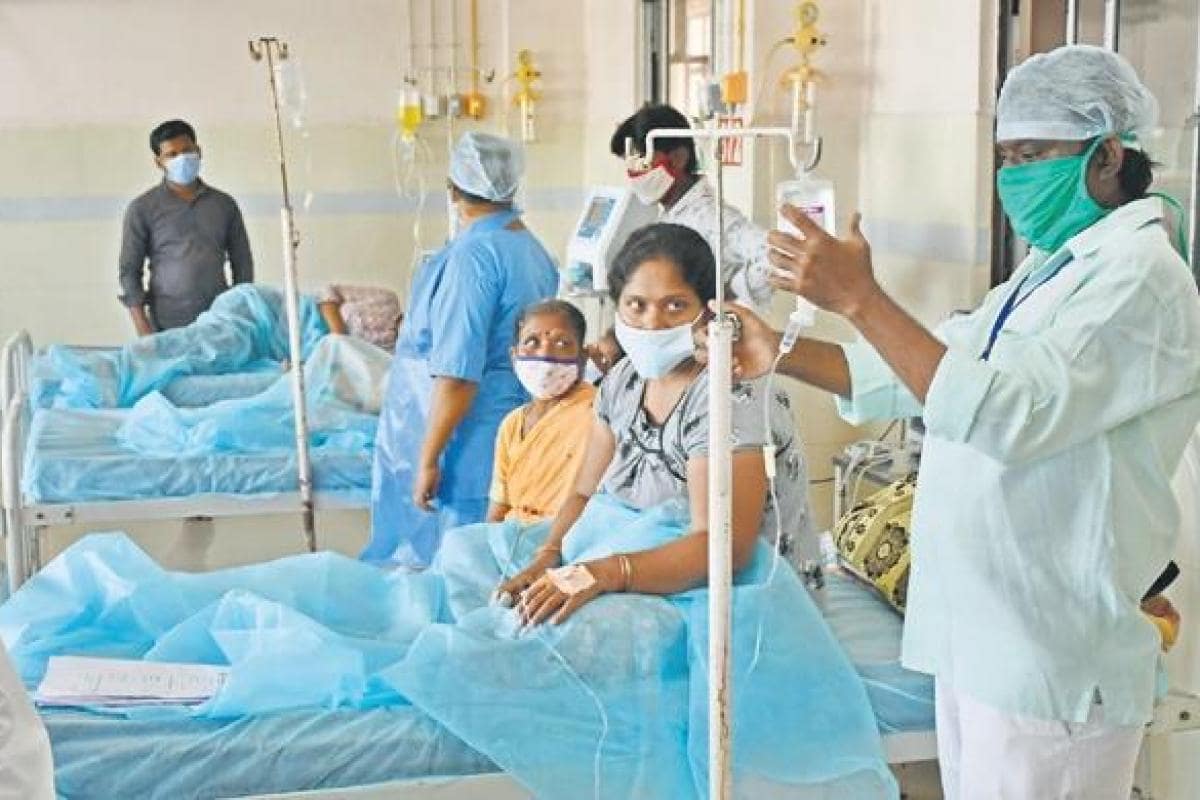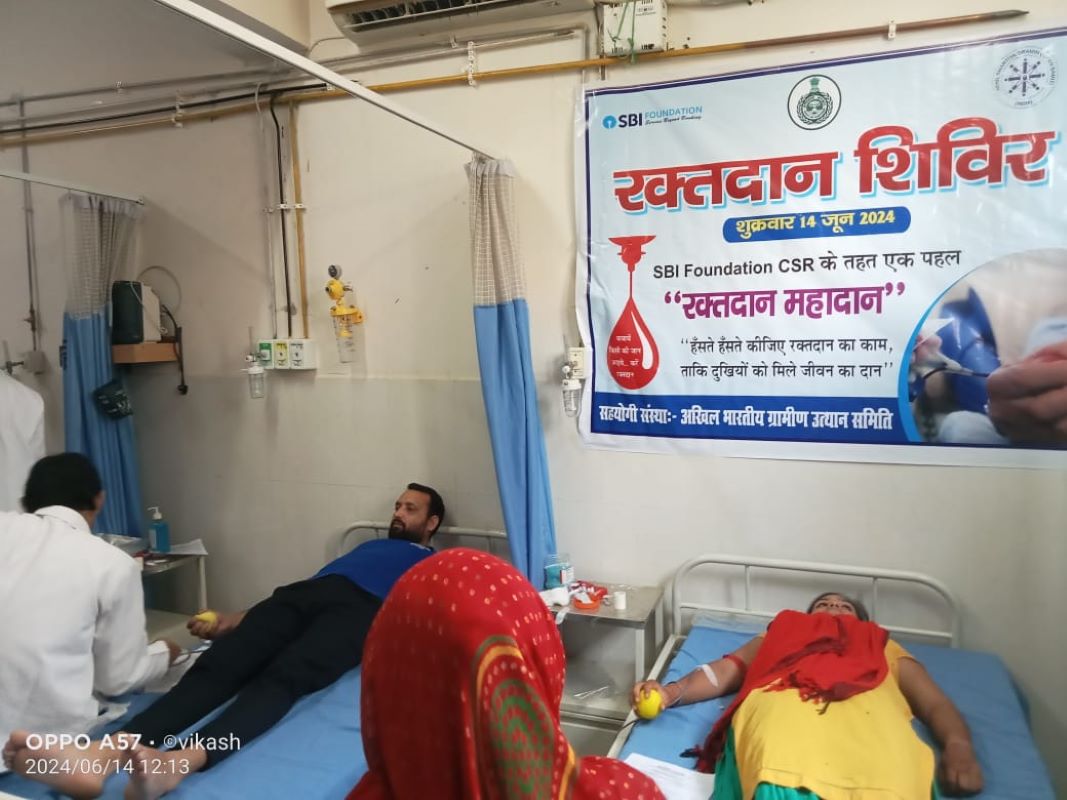Breaking the Cycle of Poverty through Education
Poverty is a complex issue that affects millions of people around the world. It not only impacts an individual's access to basic necessities such as food, shelter, and healthcare, but also their ability to improve their circumstances through education and economic opportunities. However, education can play a crucial role in breaking the cycle of poverty.
Education is a powerful tool for empowering individuals and communities to improve their economic and social circumstances. It provides individuals with the knowledge, skills, and confidence to access better job opportunities and higher wages, which in turn can help lift them and their families out of poverty. Education also provides individuals with the tools to become active and informed citizens, who can participate in and influence the development of their communities.
Furthermore, education has been shown to have a multiplier effect on poverty reduction. Educated individuals are more likely to adopt healthier behaviors, have smaller and healthier families, and invest in the education of their own children, further breaking the cycle of poverty. Education also empowers women and girls, who are often disproportionately impacted by poverty, with the skills and knowledge to become leaders in their communities and advocate for their own rights and opportunities.
However, providing access to education alone is not enough to break the cycle of poverty. It is important to ensure that education is of high quality and relevant to the needs of individuals and communities. Additionally, it is important to address the underlying structural issues that contribute to poverty, such as discrimination and lack of economic opportunities.
In conclusion, education is a powerful tool for breaking the cycle of poverty. By providing individuals and communities with access to high-quality education, we can empower them to improve their economic and social circumstances and build a brighter future for themselves and their families. Additionally, it's important to address the underlying structural issues that contribute to poverty for long-term impact.









